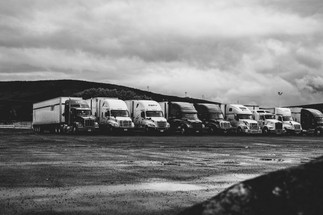May 29th 2019
5 diesel engine problems and how to handle them
When you are in a line of work that requires you to push equipment and tools to their limits, you are going to encounter wear and tear.
Unfortunately, ignoring those small, everyday maintenance iss
…

